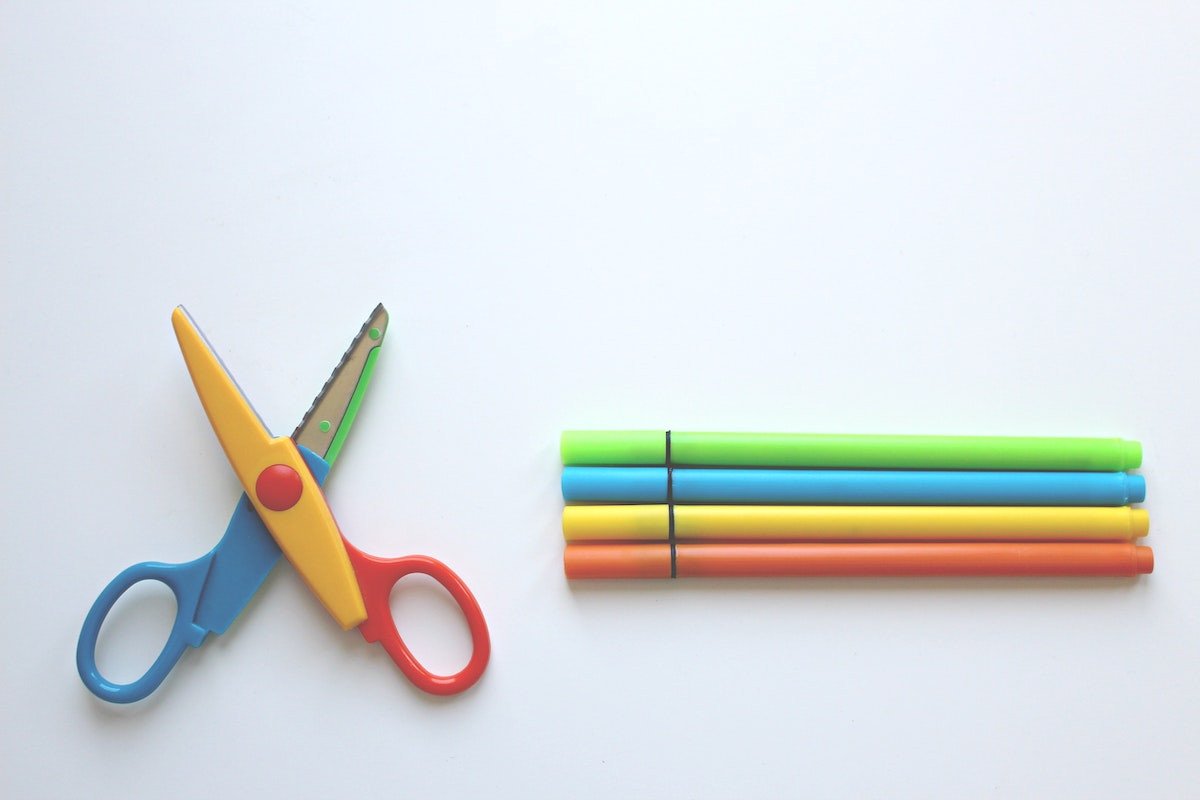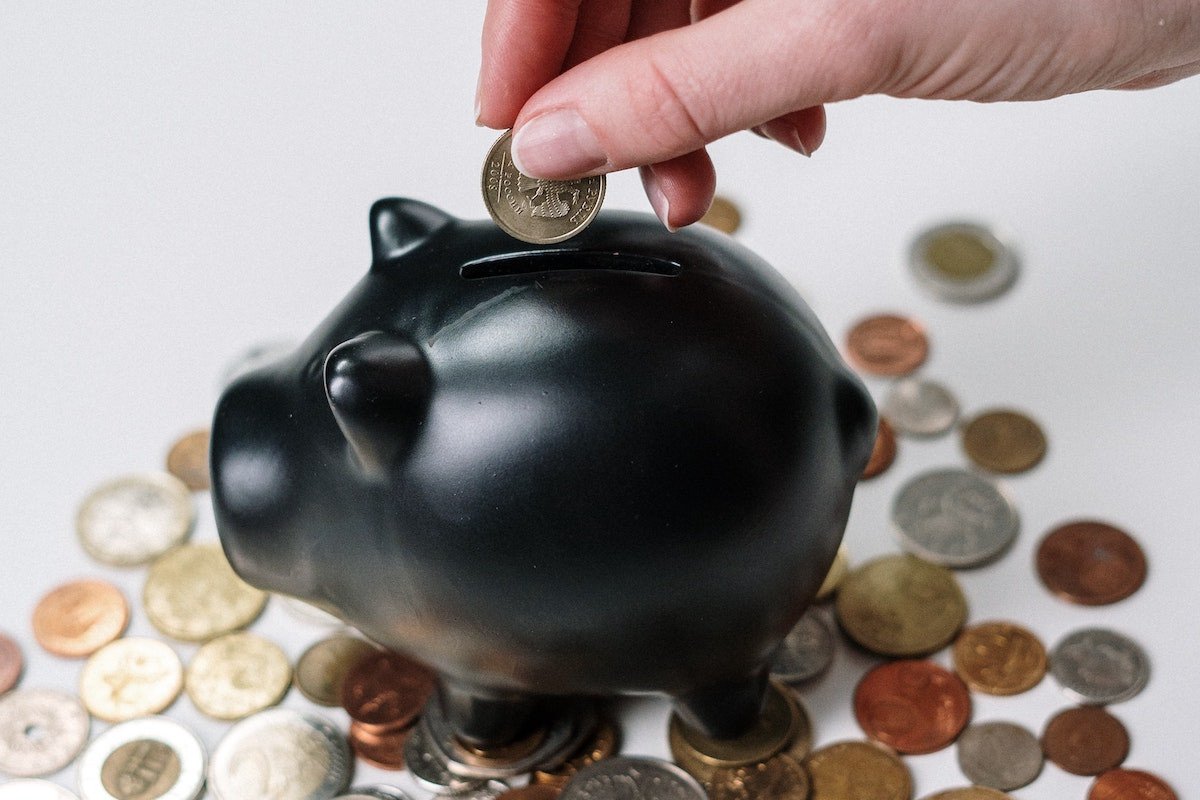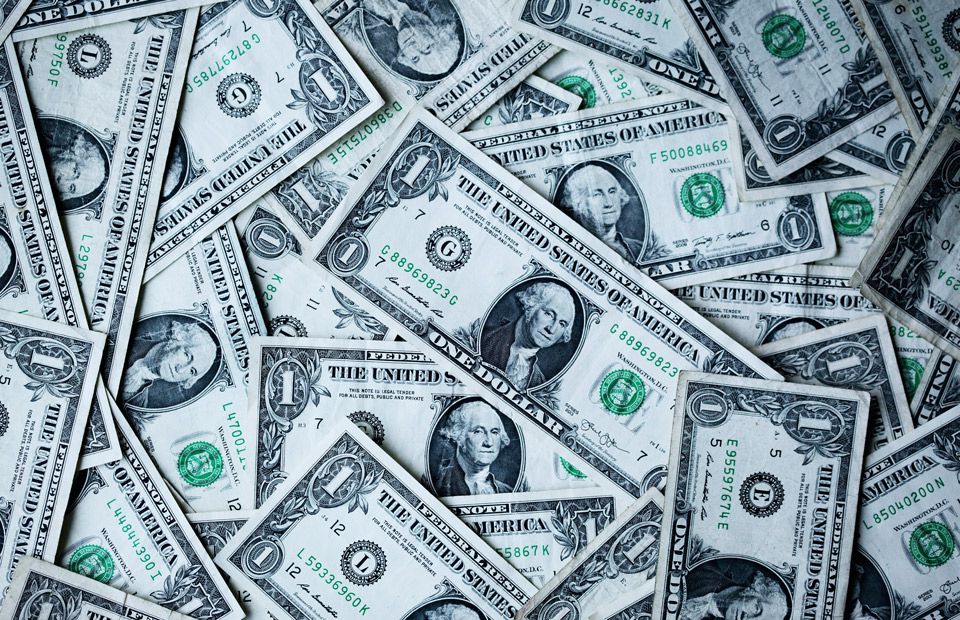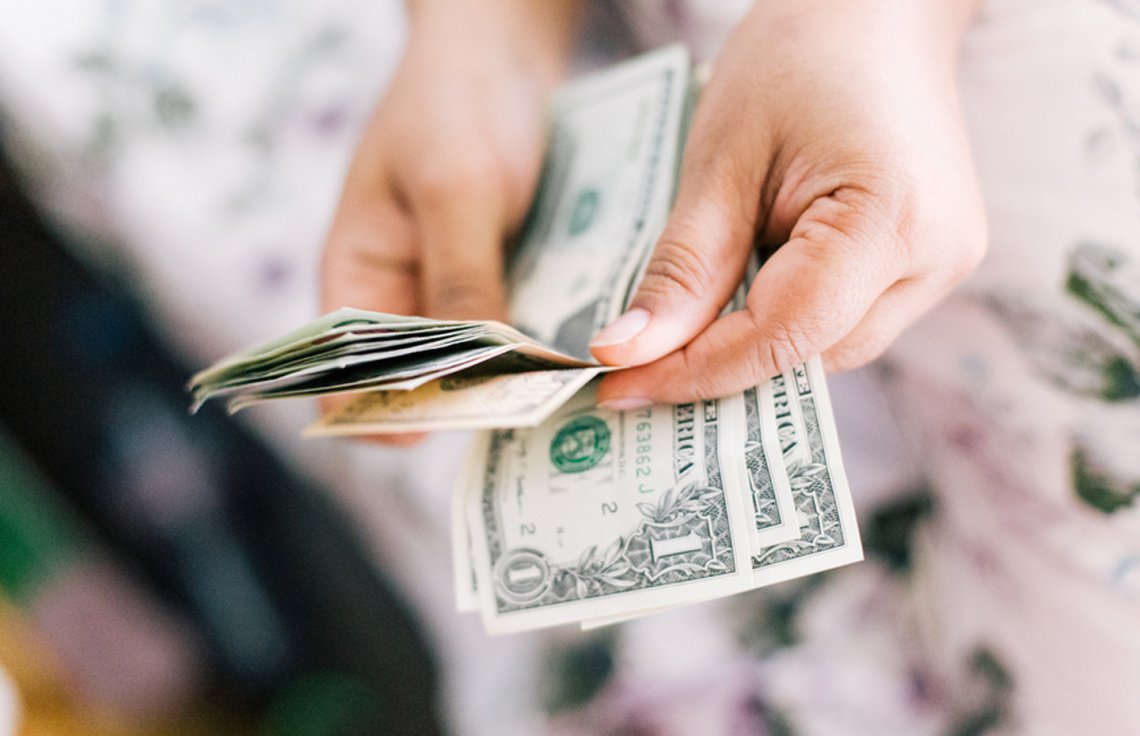I drove away from that office building one last time, blasting Florence and the Machine and pumping a small fist out the car window, my chair still spinning back at my freshly vacated desk.
In four days, I would be on the road to South America to travel for an open-ended amount of time. Best of all, I felt rock-solid about my finances.
Eight months prior, around resolution time in early January, I'd decided that I wanted to quit and travel—and that I’d need $20,000 to do it. At that moment, I had $0 saved. (Well, I had my 401(k), but wouldn’t consider tapping that well.)
So during those next few months, I pounced at new money-saving opportunities. By spring, I was so dedicated to saving that I ate trash. (Seriously—I’d stopped buying food and embraced "Freeganism." Basically, I ate leftovers and trash.)
By summer, I was within shouting distance of my goal.
On August 1, when I submitted my
two-week notice, I also had $30,000 in the bank—my version of what Paula Perhach famously coined
“F Off” money.
Maybe you’re like me and you want to quit your job to travel or explore alternative opportunities. Or perhaps you just want to be a responsible human and build an emergency cash fund. That’s great, too.
You don’t need to be frothing at the mouth at the mere thought of quitting to
create an emergency fund. In fact, it would be dangerous to conflate personal contentedness at work with job security—every person needs a rainy-day stash.
By now, we all know this—the more interesting question is: How? In sharing with you the steps I took to build my FU Fund, my hope is that you can forge a path of your own.
Most financial planners recommend every person have an FU Fund of six months’ living expenses—that’s the average amount of time it takes to find a new job—so your first step is to determine what that number is.
1. Determine a Dollar Figure for a Proper *I Quit* Fund
To determine your personal FU Fund goal, add up six months of stripped-down expenses. I call this survival-mode number a “
baseline budget.” Eschewing all fun-times spending, what does it cost to live each month?
Add up monthly rent, groceries, bills, transportation costs, and average incidentals. If work provides your healthcare, research what it would cost to purchase independently. Multiply your monthly total by six.
Account for more if you’ve got a family. If you’re quitting your job, consider whether you have a specific plan to earn money again.
Chew on what standard of living you’d like to maintain during a potential break in employment, planned or unplanned. Depending on your specific needs, adjust this number.
2. Take Care of High-Interest Debt
If your goal is to quit without another job lined up, I’d think hard about the decision if you have any high-interest debt. To find yourself in a situation where you miss payments or accrue more debt could be shattering.
By the time I made the decision to quit, I had already pulled myself out from the credit card debt I had accrued as a young professional. (Buying that first apartment furniture is a real SOB!)
Because of this, I was able to focus wholly on saving. Having no recurring debt payments is one of the reasons I was able to save $30,000 in eight months.
3. Slash Your Spending
Print out all bank statements for the last six months, grab a highlighter, and study your spending habits. Sure, you can track your budget with an app, but I believe these promote a superficial understanding of how we spend.
Make each transaction visceral by writing it down or plugging it into a spreadsheet. Then, start slashing.
A huge majority of the spending I cut was on my social life, including trips and buying rounds of tequila shots for strangers in bars. Shopping also had to go. I never spent too much on a beauty regimen, but I suspended haircuts and dyes without further notice.
Of course, we all spend differently, and no judgments. (Chances are high to very high that you’re more mature than I was when I was 27.) Maybe it’s Crate and Barrel and weekly manicures or it’s $30 workout classes and throwing away groceries you don’t eat. It doesn’t matter, just start slashing.
Be sure to abandon every single subscription which does not serve you. If you’re actively saving up to travel, I’d say get rid of ‘em all. I only kept Spotify. Music streaming, Prime, Audible, magazine and newspapers, Netflix and Hulu, and software subscriptions often slither up and over $300 per month!
4. Set Up Automatic Savings
If you don’t have a separate savings account,
you must open one. It is imperative that you actually see your fund grow each month as automatic deposits send money from your checking account. Watching your account increase will spur motivation.
To determine how much you can commit to automatic savings, first look at your savings goal (Step 1). Then, look at how much wiggle room you have (Step 3). Determine how much you’re willing to sacrifice and how fast you want the process to move.
If you need $10,000 to establish a proper FU Fund and want to do it in six months, you must save $1,666 per month. It’s $1,250 per month to do it in eight. Can’t commit to quite this much? That’s okay! Do what you can—then fill the gap of what’s left (more on that next).
5. Find New Ways to Earn Money
Usher all holiday, bonus, and tax return money into your savings account. Have a month where you end up under budget? Shimmy that spillover on over to your savings. Check your account often and be proactive!
The fastest way to plug any saving gap is to earn more money. The fastest way to earn more money is to
ask for a raise. Could you offer to take on some additional responsibility for more pay?
While I was building my FU Fund, my firm offered a new program where we could earn $250 for every client referral brought in. I went HAM on the program for a couple of months and wrangled myself several extra thousand dollars.
If eking more money out of your job isn’t an option, think outside the workplace. I’m not fond of telling people to pick up extra work. In general, I think people work too much, and it’s the impetus for the very meltdowns that necessitate an FU Fund, but get creative!
If you are planning to travel, sell your stuff. Even if you’re not, sell your stuff! I sold clothes, furniture, and my car for an additional $6K.
Where to Sell Your Stuff:
- Clothing: Poshmark, ThredUp, Depop
- Furniture: Mercari, Facebook Marketplace
- Other Items: Mercari, eBay
6. Try No-Spend Periods
When I decided that I wanted to save money and quit my job, I committed to a six-month no-spend throw-down.
Of course, it worked. The problem is that not everyone has the ability (and, if we're honest, the motivation) to eliminate all unnecessary spending for six months. I get that. But there’s something to be said about creating clear, black-and-white spending boundaries during designated periods.
It works because it allows you to circumvent tempting situations, makes spending decisions easy because the answer is always no, and helps you learn about yourself and how often you default to buying when you don’t actually need anything.
There’s a reason juice cleanses, crash diets, and their ilk are so popular—true, everyday moderation is really quite difficult. Moderation is always best, but sometimes it's too squishy of a goal. (And at least no-spend periods don’t jack up your metabolism.)
7. Use All Work Resources While You Have Them
Before I left, I loaded up on gynecologist, optometrist, dermatologist, psychiatrist, and dentist appointments. I finagled two years’ worth of contacts, birth control, and procured prescriptions for anything I had the slightest chance of needing.
It’s no replacement for having healthcare on the road, but with the precarious nature of the industry right now, it doesn’t hurt to maximize the use of your current resources.
Get your cavities filled and your weird moles removed. Suffice it to say that your healthcare will probably not improve when you no longer have a corporate job.
In conjunction with tempering my social spending, I stopped using PTO as much as possible. I knew that when I quit, I’d get an additional check for any unused hours.
I made several thousand extra dollars this way. What other benefits would you lose without gainful employment? Make the most of these!
8. Have the Right Mindset
Frame building an FU Fund as a fun competition. Think of it like this: When I set my mind to something, what all can I accomplish? Pat yourself on the back for victories and don’t beat yourself up over missed marks.
Oh, and plan a rocking weekend vacation to reward yourself once you hit your goal.
Ultimately, the decision to make a change from living paycheck-to-paycheck to building sound financial infrastructure is about sacrifice. And sacrifice is hard, especially if you’re already feeling stretched.
I would never, ever pretend like everyone can do what I did, but I am certain that everyone can do something.
I experienced joy as I watched my savings account grow, and I want you to feel this too. Of course, I had many moments where I felt left out, bored, and emotionally driven to spend.
Navigating the loneliest moments required a self-reminder of why I was working in the first place. For me, work is about fulfillment and freedom. I want money because I want to be free.
I wasn’t working to spin my wheels without moving forward; I was there to create a life I love, rich with experiences. And I couldn't have that without
investing in me first.
Was I perfect? Did I do everything right? Heck no! And you don’t have to either. Give what you can and adjust. I promise you, the hardest part is getting started, but you’ll be so grateful you did.











